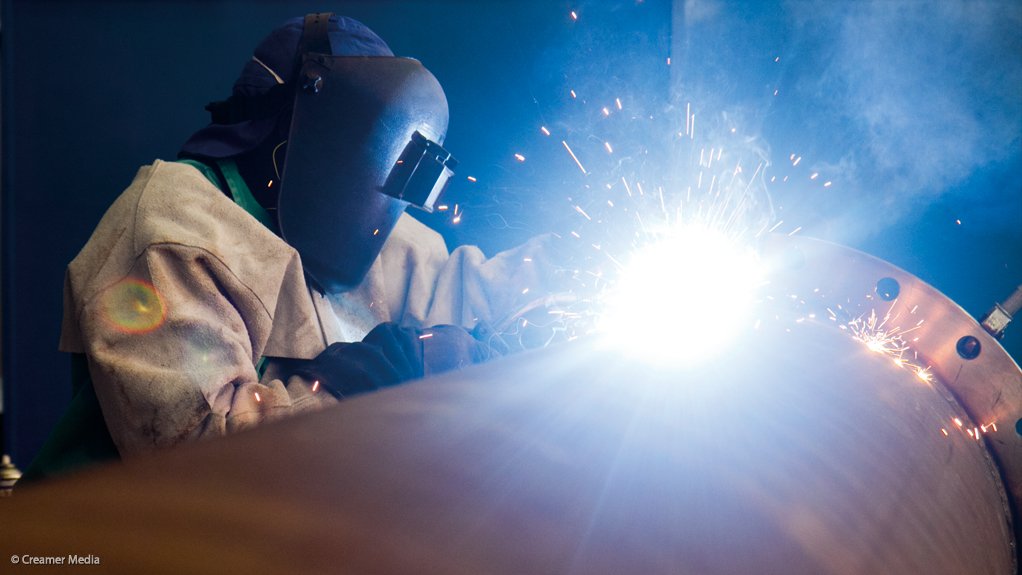South Africa would only be able to solve its manufacturing sector problem if the country’s education system was addressed, Southern African Stainless Steel Development Association executive director Bill Scurr said on Tuesday.
Speaking during a panel discussion on the future of manufacturing in South Africa, arranged by research, strategy and investment firm Frontier Advisory, he said the country could address the issues of tariffs, unfair imports and the industrial relations situation, but that this would not have the desired effect unless the education system was also improved.
Scurr added that the need for improved education went beyond creating specialised tertiary training institutions to the basic education system.
Improvements had to be made from primary school level, he said, noting that he did not believe government had made the necessary progress to improve the system post 1994.
“Once the basic school system is on standard, we can start looking at areas, such as stainless steel manufacturing, in which we want to be the best in the world and create institutions to provide these skills,” he explained.
Further, Congress of South African Trade Unions (Cosatu) national spokesperson Patrick Craven said more South Africans currently attended universities than vocational training institutions.
“South Africa’s matric system is based on the assumption that you have to go to university to be successful. However, we have to get to a place where people with specialist technical skills are seen as just as valuable,” he stressed.
Meanwhile, Manufacturing Circle executive director Coenraad Bezuidenhout said the industry was also faced with the challenge of manufacturing productivity performance not having kept up with the increase in wages.
Scurr added that productivity could also be traced back to education.
“Maths, science and literacy are required for workers to be productive at a level which justifies their wages,” he said.
However, Craven highlighted that Cosatu did not believe the industry’s current wages were too high, adding that the union believed that enhancing productivity was a management function and, therefore, had to be addressed by management.
Further, Craven said to take the South African manufacturing sector forward the country had to adopt a developmental approach, which required policies.
He stated that South Africa had policies, such as the Industrial Policy Action Plan, to this end; however, the implementation of these policies was too slow.
“South Africa’s situation will not improve if we leave it to market forces to rectify the current situation, as the market is dominated by companies who benefit from the current approach,” Craven explained.
Meanwhile, Deloitte risk advisory director Karthi Pillay said for South Africa’s manufacturing sector to have a truly positive future, the country had to increase its global competitiveness.
“Labour, business and government have to come together on a constant basis to address this,” he said.
Nissan group MD Mike Whitfield, who was also part of the panel, added that a form of strategic partnership among the various stakeholders was also needed to increase the local content in manufactured goods.
EMAIL THIS ARTICLE SAVE THIS ARTICLE
To subscribe email subscriptions@creamermedia.co.za or click here
To advertise email advertising@creamermedia.co.za or click here











